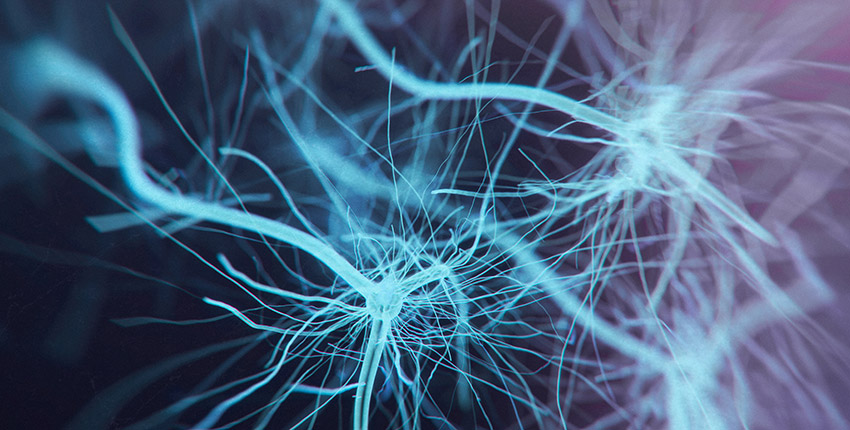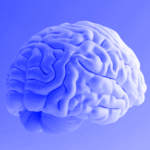A new study by Arizona State University explores the plausible theory of infectious pathogens or viruses triggering neurodegenerative illnesses, like Alzheimer’s disease. The findings appeared in the peer-reviewed journal Nature Reviews Neurology.
In the study, the research team placed their attention on a hypothesis stretching close to 30 years, in which infectious pathogens in the brain may actually lead to the development of neurodegeneration. A such theoretical approach would be considered unconventional in contrast to an existing body of recent studies focusing on amyloid pathology.
“The idea that infectious agents in the brain have a role in the pathogenesis of Alzheimer disease (AD) was proposed nearly 30 years ago. However, this theory failed to gain substantial traction and was largely disregarded by the AD research community for many years,” the study says.
“In this Viewpoint article, experts who participated in the Alzheimer’s Association International Conference (AAIC) debate weigh up the evidence for and against the infectious theory of AD and suggest avenues for future research and drug development,” the study’s co-authors added.
As stated in the findings, researchers discussed the possibility of microbes and its affect on inducing Alzheimer’s pathology. In a past study, other researchers established a correlation between two common herpesviruses and brain tissue of an Alzheimer’s patient. Analyzing the data sets, the team found three viral strains: HSV-1, HHV-6A, and HHV-7, considered to be more prevalent among patients with dementia.
Moreover, the new findings also explores correlations between viral pathogens and bacteria, suggesting the need for more research for possibly future drug development.
“This is an exciting time to be engaged in AD research. More than ever before, we’re poised to be able to see into the basis of this devastating affliction,” said Ben Readhead, co-author of the study.
“The acceleration of technology and methods for profiling biological systems has really opened up new approaches for understanding whether microbes might play a role in AD.”
“The AAIC debate, and this Viewpoint article were an opportunity for scientists with diverse opinions to discuss key evidence, discordant findings, and opportunities for new investigations that might help advance the field to a more sophisticated understand of the role of microbes in AD,” Readhead concluded.


